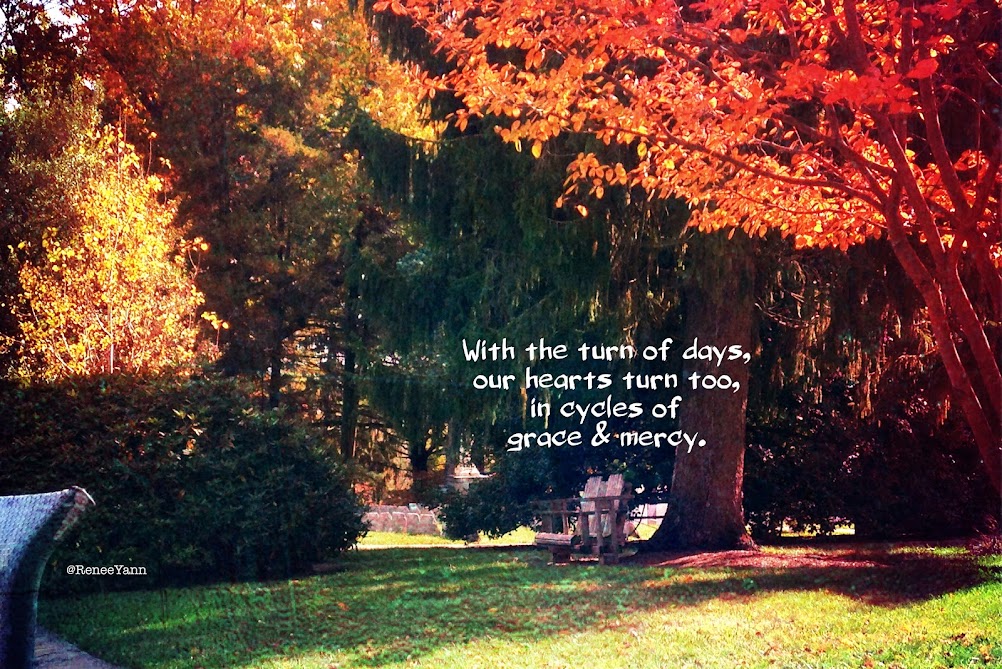Memorial of Saint Thérèse of the Child Jesus, Virgin and Doctor of the Church
Saturday, October 1, 2022
Today’s Readings:
https://bible.usccb.org/bible/readings/100122.cfm
Today, in God’s Lavish Mercy, we read how Job’s elder years were blessed with peace and prosperity — beautiful gifts!
We want this serenity and peace for all of our dear elders. They have traveled the road ahead of us, often showing us the way.

All of our beloved elders need and deserve appreciative love and respect from us. Tell your parents, grandparents and older friends what a blessing they are to you. Let them know they have shone a light on your path.
The writer imagines Job sitting with his children in the midst of his latter riches, having found a deep friendship with God through all the challenges of his life. His household has been blessed with the same friendship by learning from Job’s ardent faith.
Many times our elders need us to listen to their journey story. I remember a much older friend sadly telling me that no one was alive who shared her memories. Her words struck me as I realized the deep loneliness which accompanied them.
Our elders may need us to help them remember the worth and beauty of their long years. Even in advanced age, some may still be carrying regrets that we might help them forgive in themselves. Certainly all still bear losses that they may need to remember with us, and blessings that they need to re-celebrate in stories.
May we never take for granted what we have been given by the ones who go before us, on whose shoulders we stand. The simple act of listening may be the most perfect way to say “Thank You”.
Poetry: When You Are Old – William Butler Yeats
in this tender poem, Yeats writes to a young beloved about what her old age should be like – remembering both her own youth and his preceding death.
When you are old and grey and full of sleep, And nodding by the fire, take down this book, And slowly read, and dream of the soft look Your eyes had once, and of their shadows deep; How many loved your moments of glad grace, And loved your beauty with love false or true, But one man loved the pilgrim soul in you, And loved the sorrows of your changing face; And bending down beside the glowing bars, Murmur, a little sadly, how Love fled And paced upon the mountains overhead And hid his face amid a crowd of stars.
Music: To God Be the Glory – André Crouch















